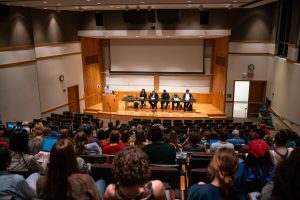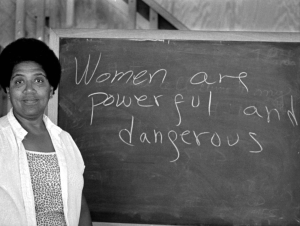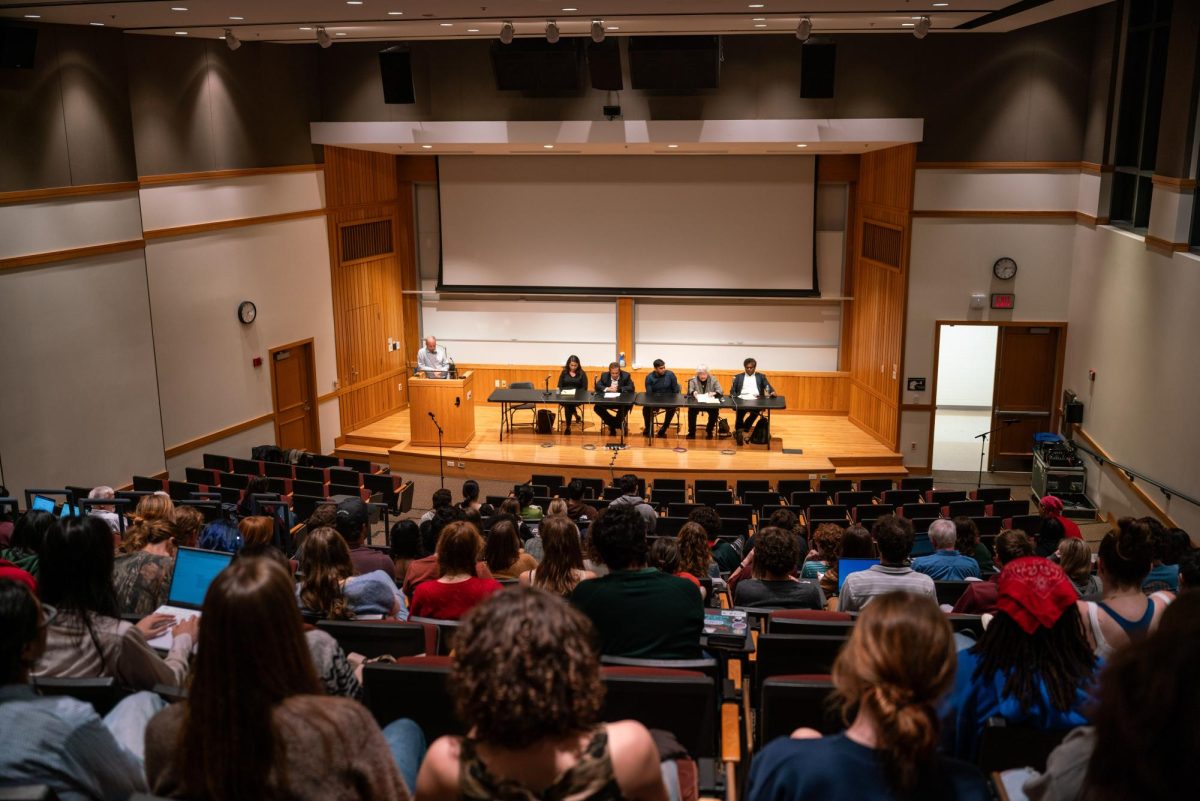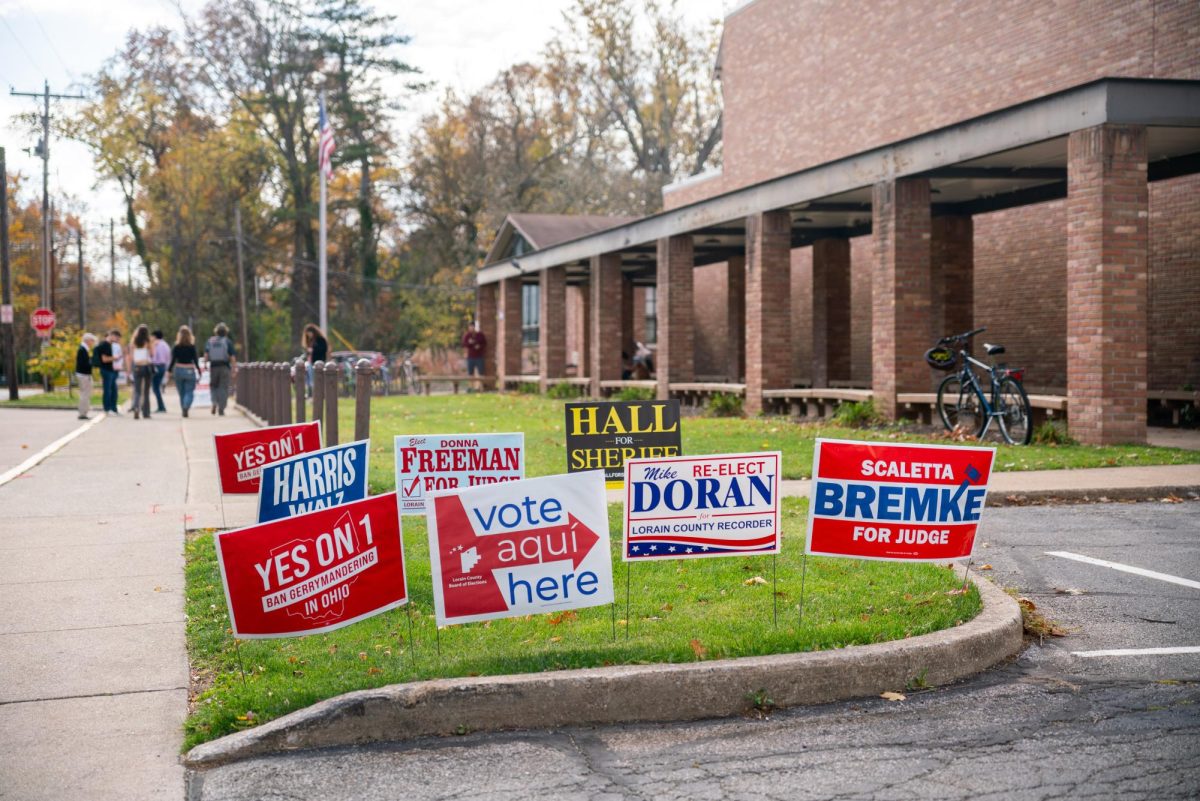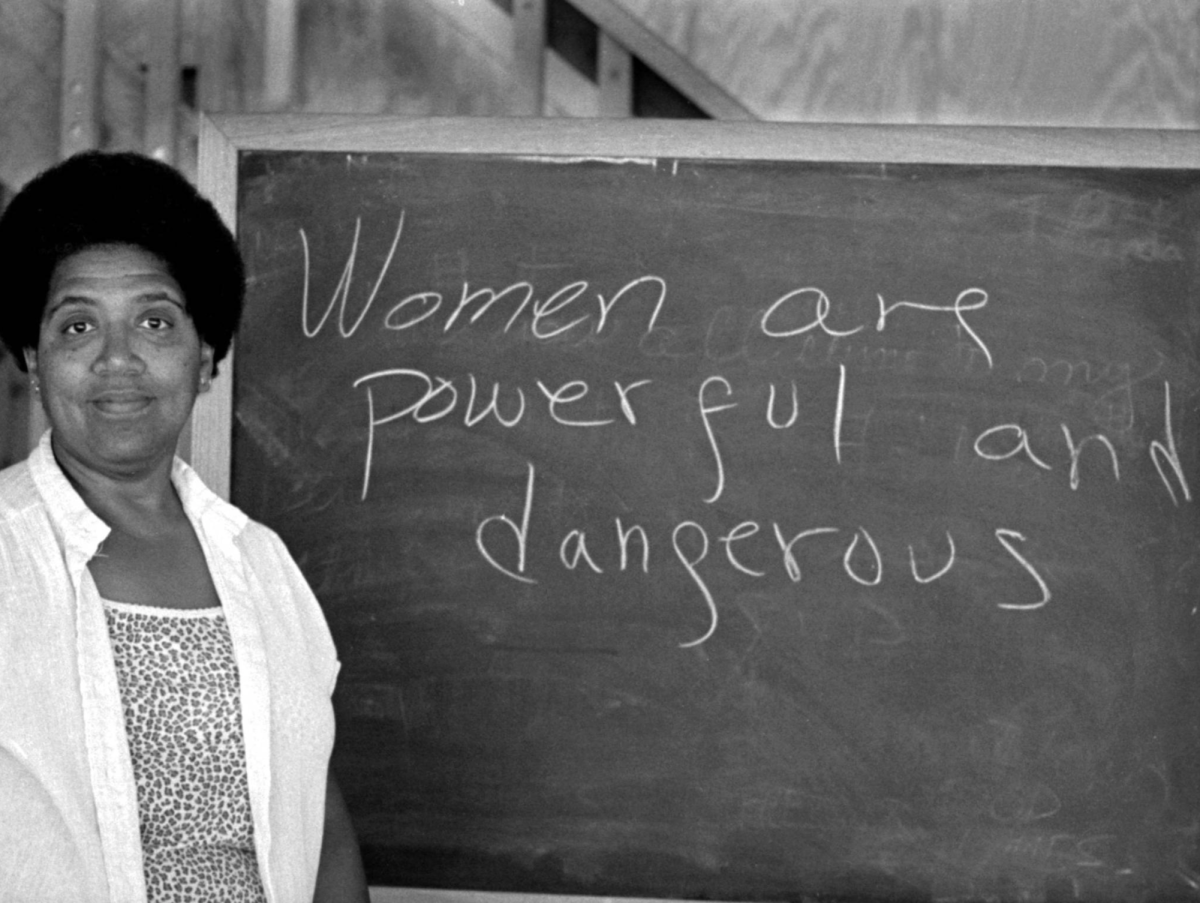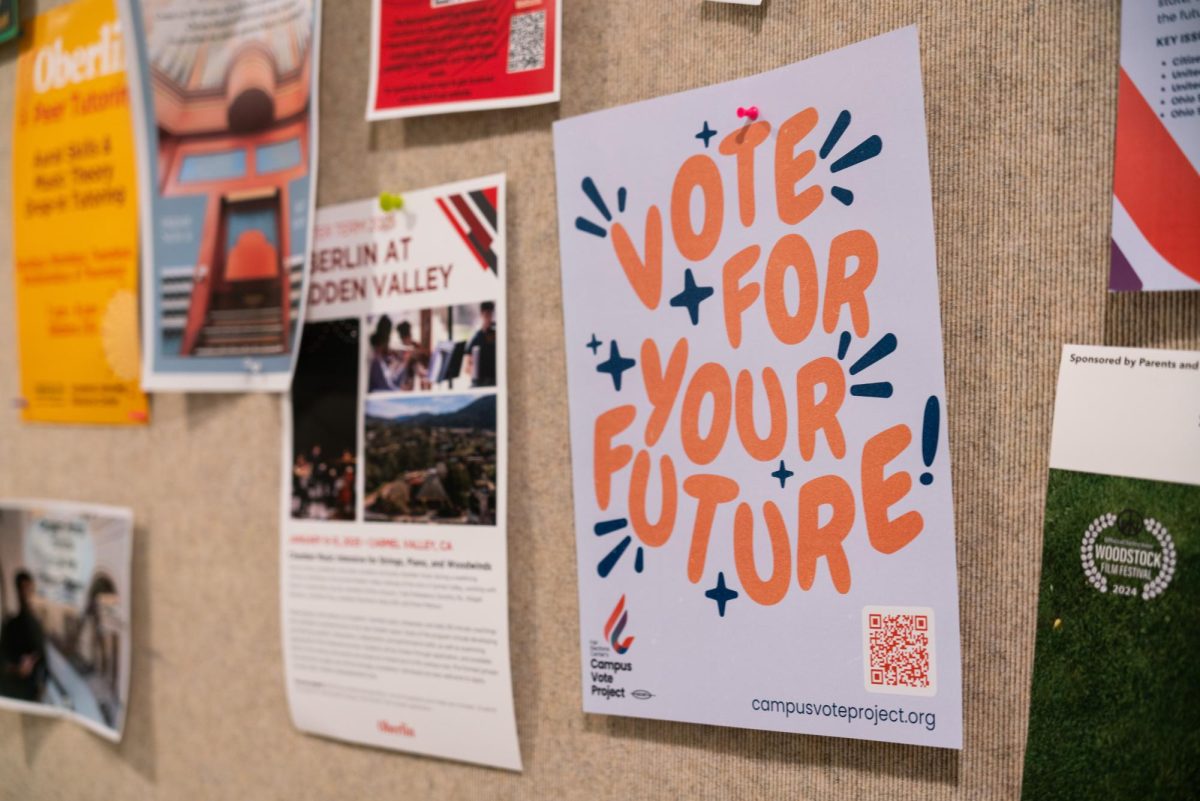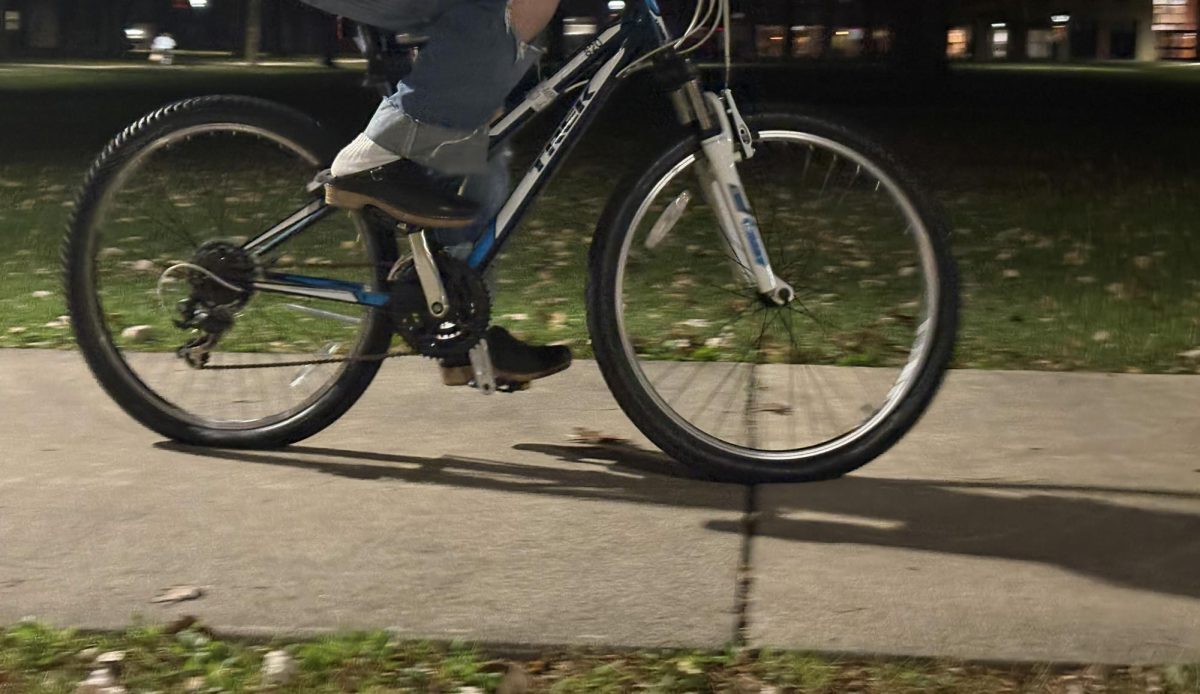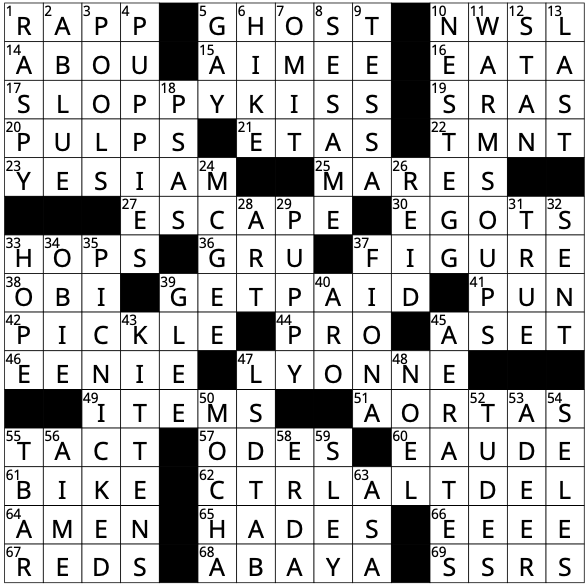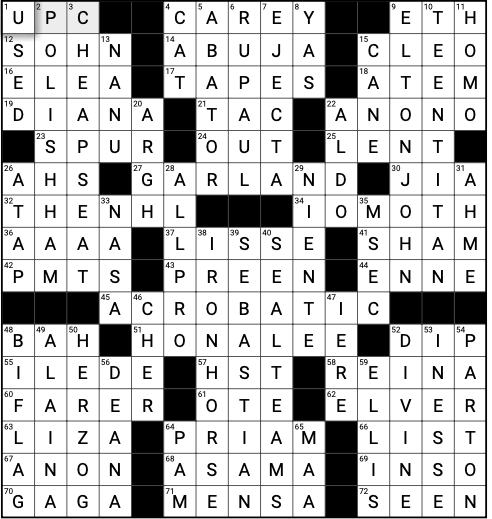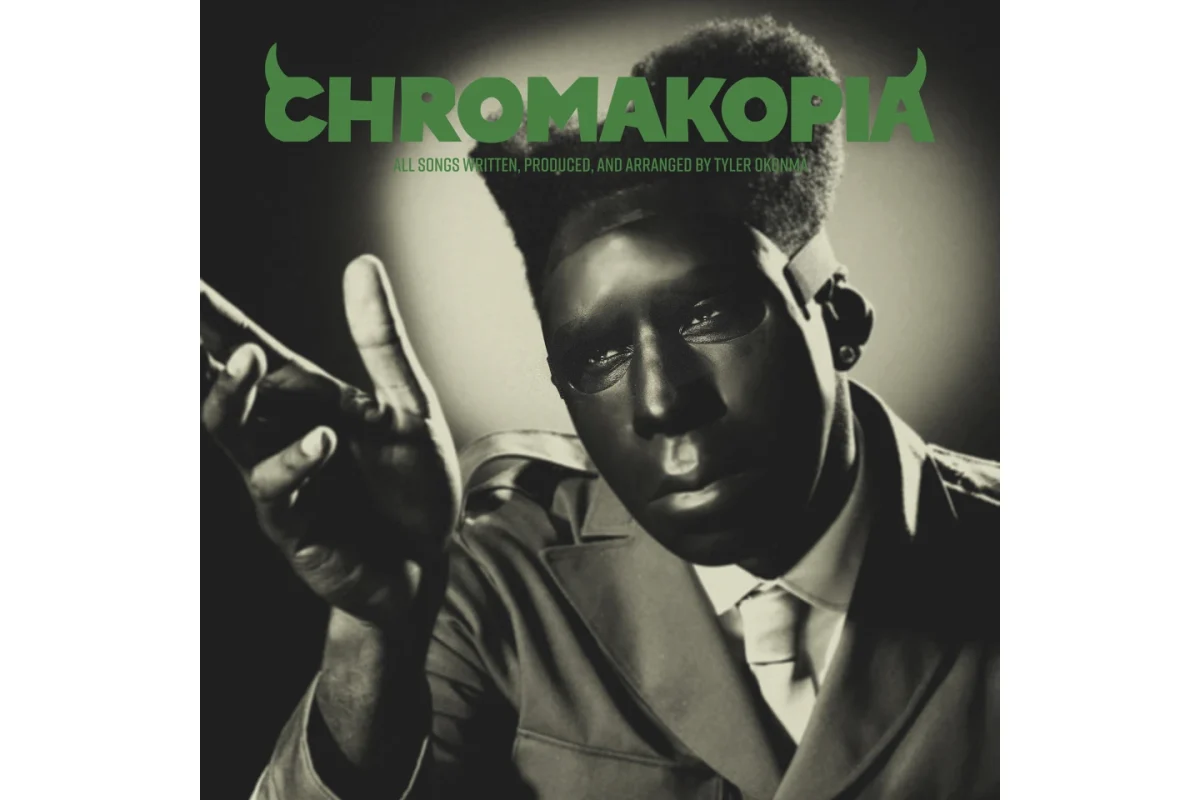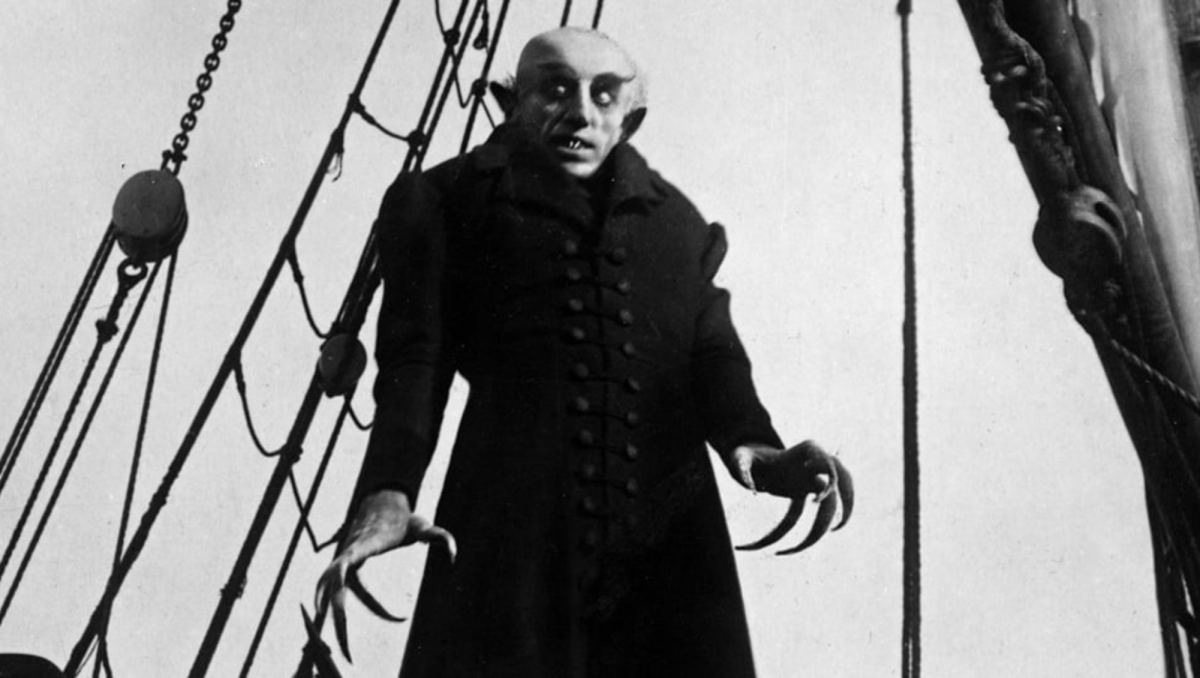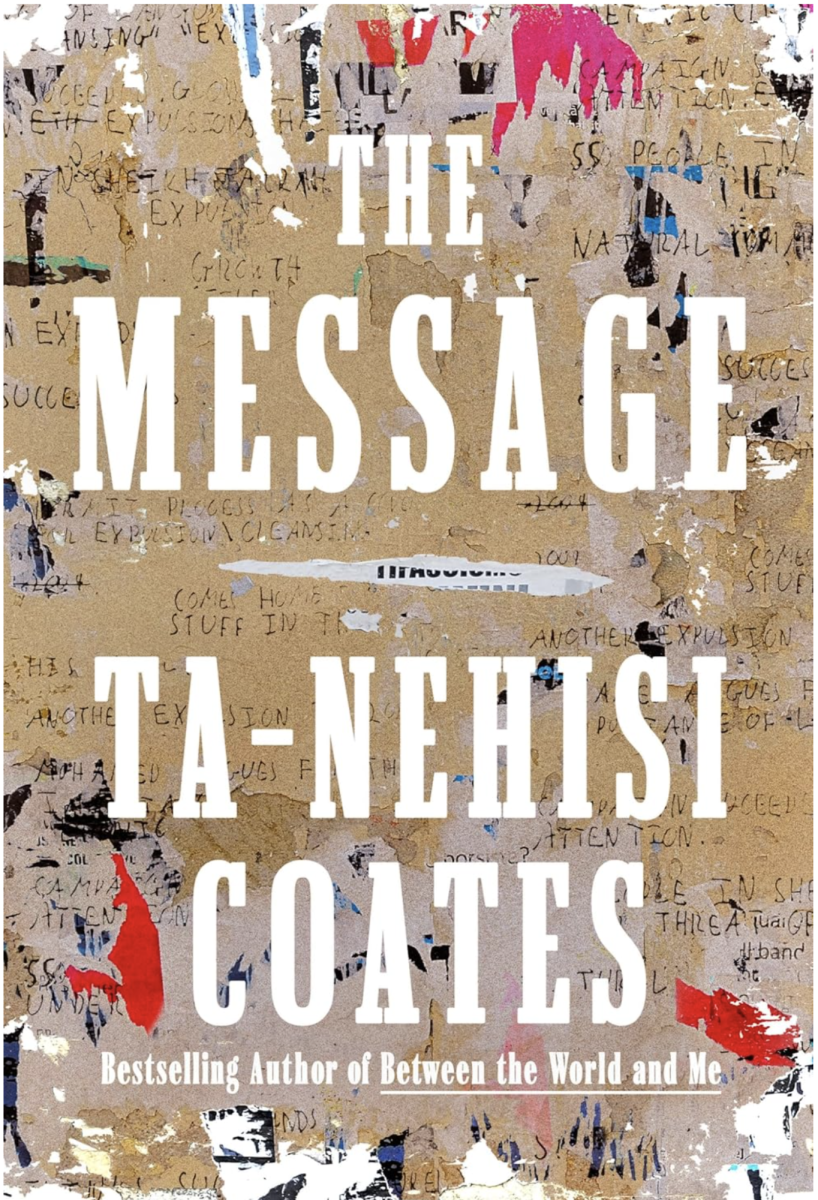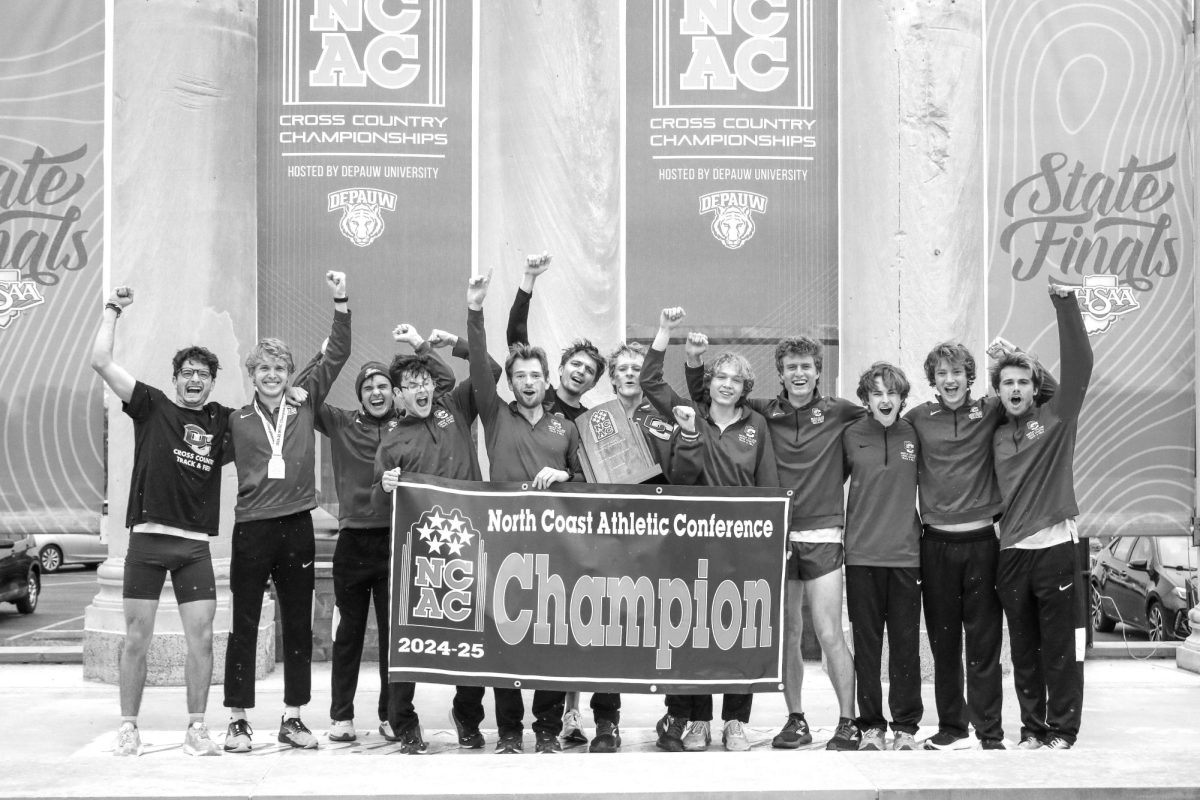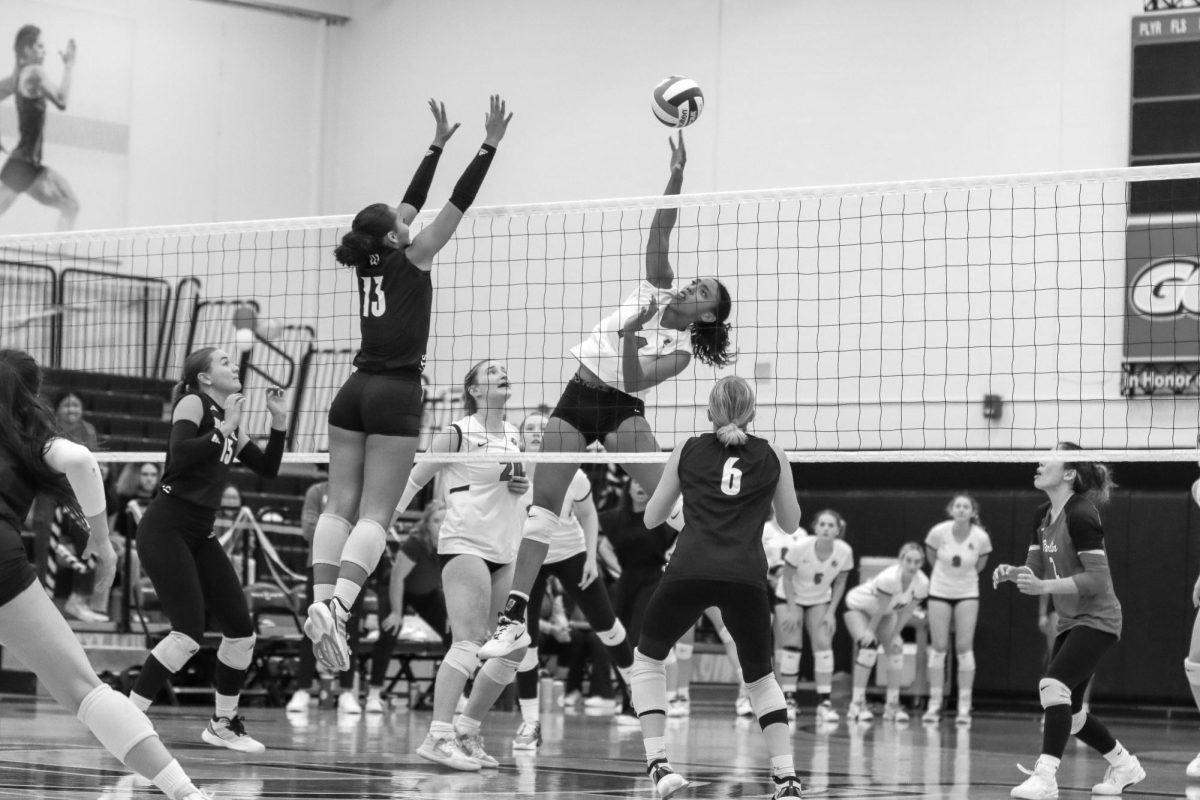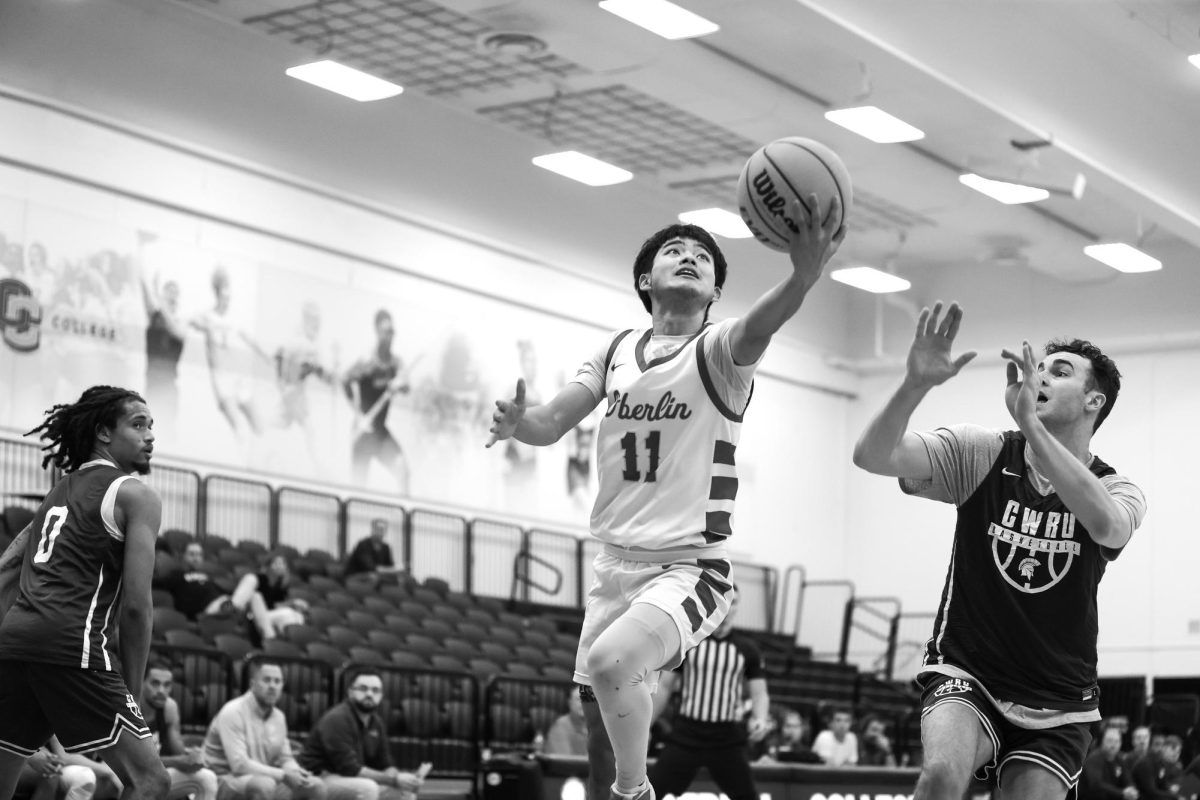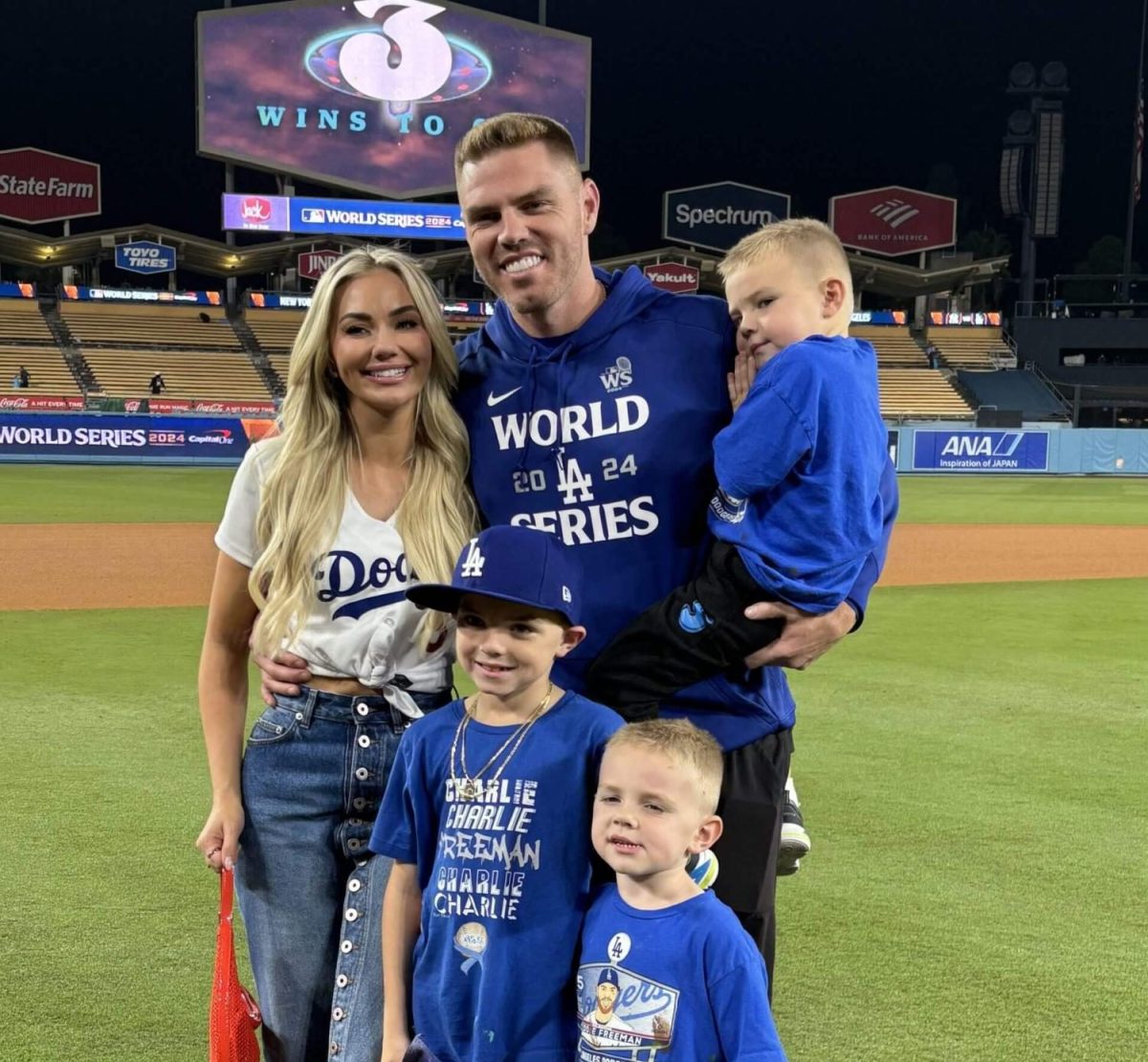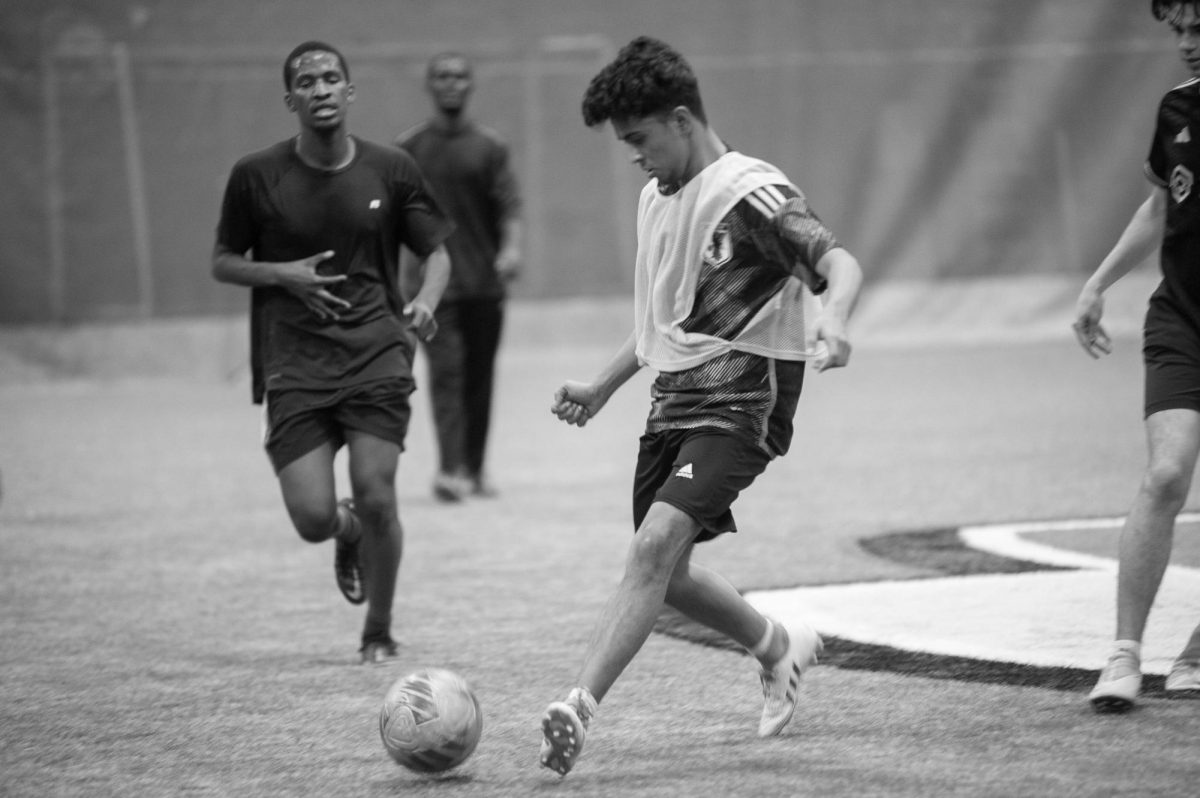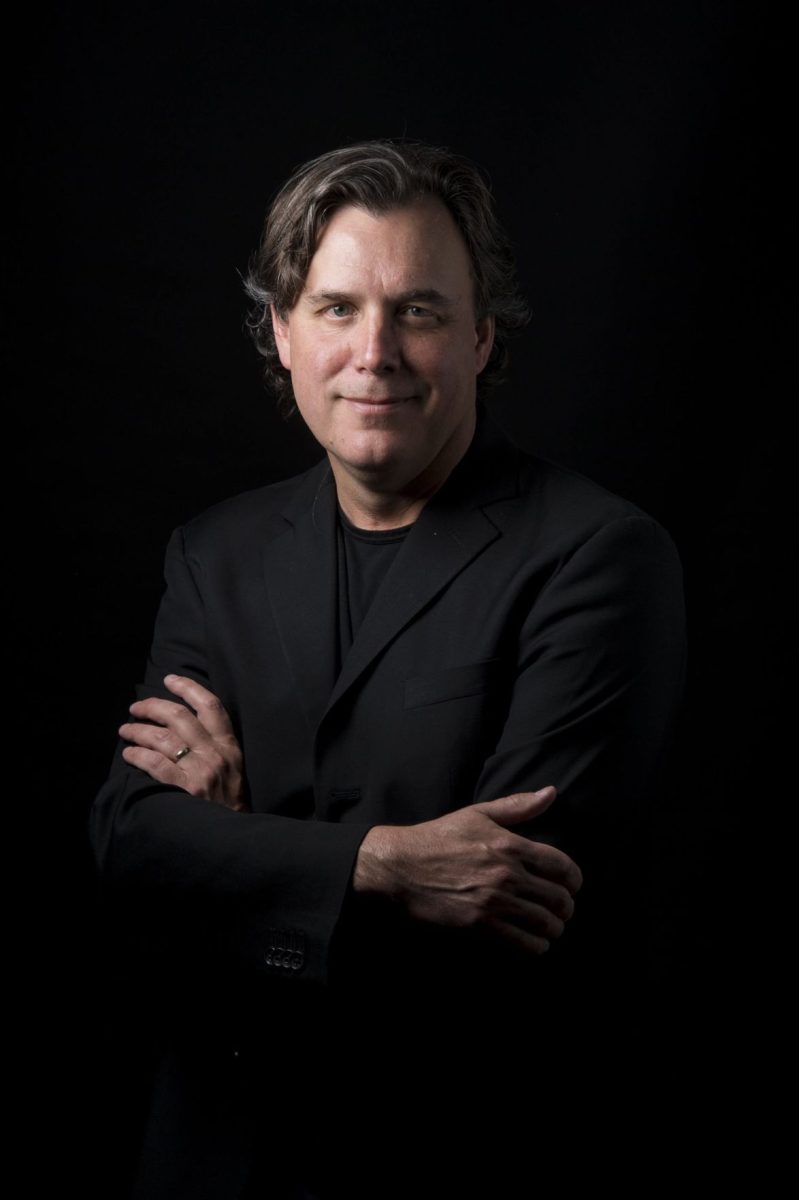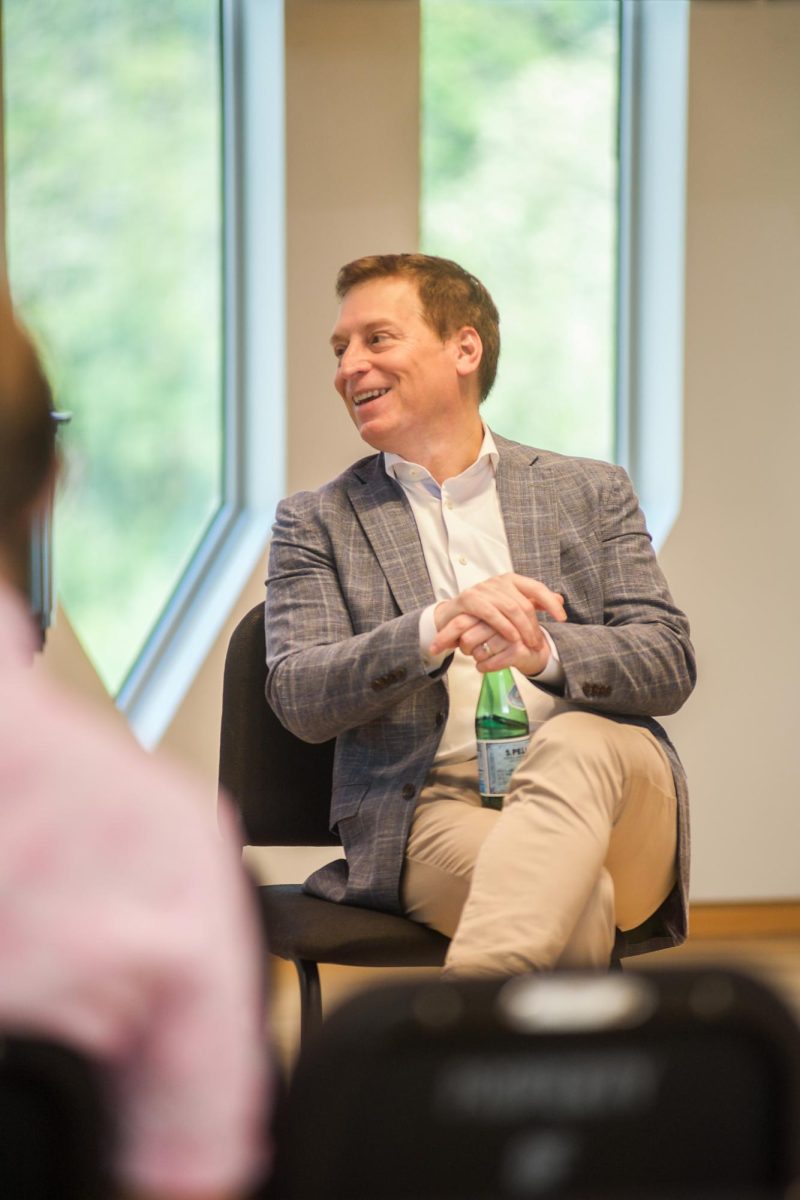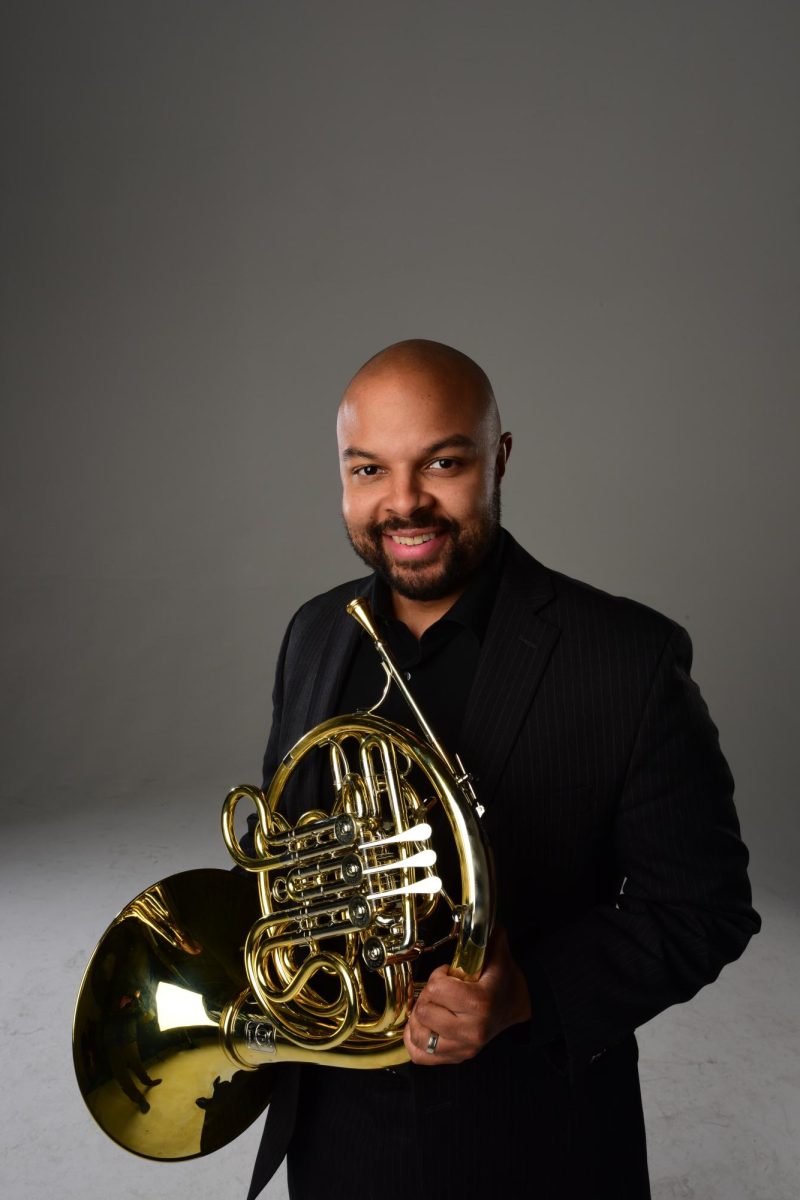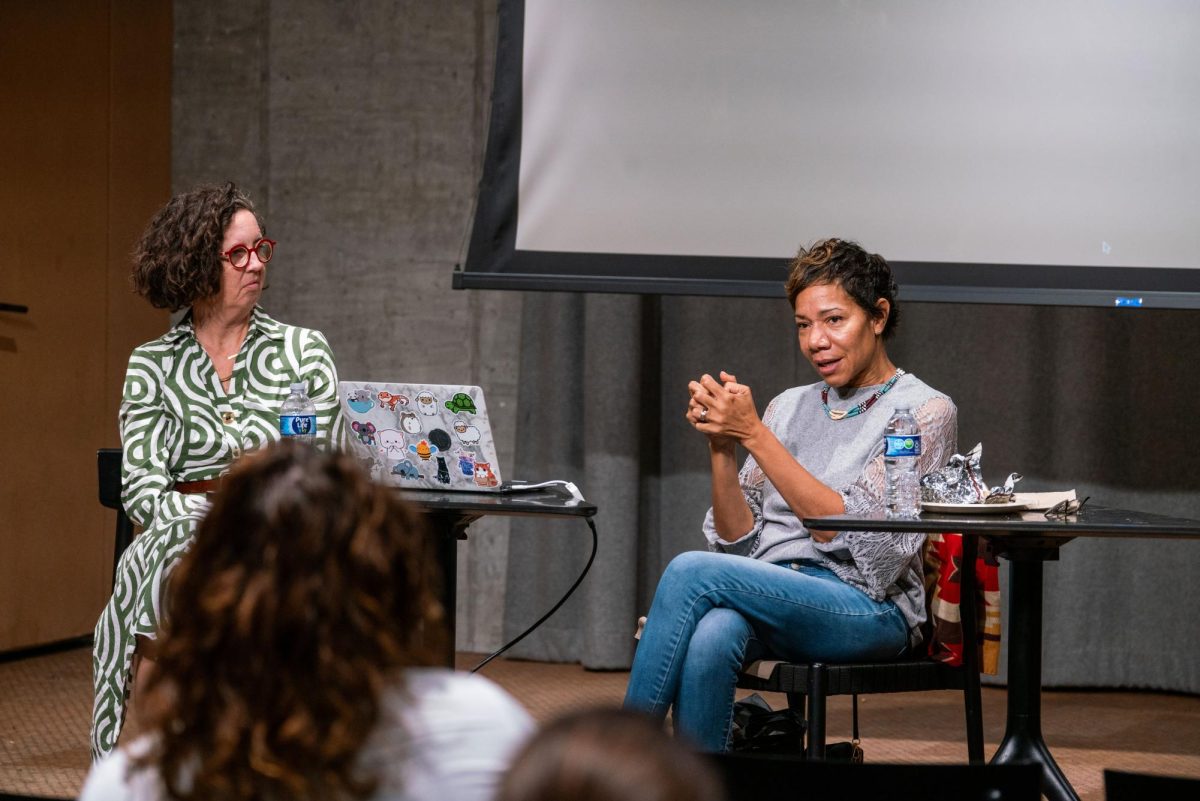Asexuality Denial Furthers Heteronormative, Anti-Queer Arguments
April 18, 2015
Disclaimer: This piece does not reflect the opinions, experiences and feelings of all or even most asexuals. This is solely my own experience and how I feel.
I learn something new about sex almost every day. Whether it’s rim jobs, golden showers or just how much the bottom/top dynamic says about your personality, sex and its thousands of facets and manifestations will always baffle me. I find it really interesting, disturbing, exciting and utterly foreign all at once. My feelings about it are complicated, variable and extremely hard to explain. Being asexual is at times unbearably exhausting.
I didn’t realize I was asexual until I got to college. In high school, I was blissfully unaware of just how far behind I was. I suspected some of my classmates were having sex, but I wasn’t worried. I went to parties, had a close knit group of friends and was relatively well-liked, but I never had much luck in the sex/romance department. I had crushes on people, and people had crushes on me, but the two groups never seemed to overlap, which was fine. People told me I was just a late-bloomer and that I would blossom in college.
When I actually got here, social expectations were a lot more obvious to me. Not only did all my peers live in the same five-mile radius, but they were a lot more open about their sexual exploits. That was when I started to worry. It felt like I was light-years behind everyone, with no hope of catching up. But even more disturbing was that I wasn’t sure I wanted to catch up. As sex became less and less abstract to me, the more I wanted nothing to do with it. It didn’t seem like something I could realistically picture myself doing with anyone I knew. About sex, people say, “In the moment, you’ll know what to do.” But thinking about myself “in the moment,” I knew it wouldn’t feel natural to me. So last year, after months of anxiety, deliberation and questioning, I finally decided to identify as asexual and come out to a few of my friends. And I was happy!
But, as usual, things got more complicated. I decided to talk to my therapist about my revelation. I was pretty sure about my sexuality, and it seemed important, so I awkwardly came out to her, hoping for feedback, a discussion, anything. Instead she told me that the class of medication I had been taking since I was 9 years old had libido-suppressing side effects. According to her, my identity might be entirely chemical. She suggested I switch to another kind of medication. I fearfully refused and am still wrestling with that decision.
The prospect of undergoing sexual adolescence in my 20s frightens me. It brings up bizarre questions like: What is identity? If it can change, was it ever my identity in the first place? What is sexual attraction, and how will I know iforwhenIfeelit?DoIwant to change who am currently? Should I?
What depresses me the most is that I don’t always know where I fit in in the queer community. While my romantic orientation is queer (biromantic), I know that many LGBTQ community members don’t view asexuals as queer, which is fine. Some asexuals don’t identify as such because that’s their preference. But there are some asexuals, like me, who need a community because we feel defective and broken because of a society that tells us we’re missing out on something important.
And sex is really important to a large part of the population. It makes me sad that as of right now, I don’t understand something so crucial to human society. I hate not understanding things, and the heteronormative society we live in sometimes makes me want to change who I am. Some days I like being me, and I really don’t want anything to do with sex, but other days I think my life would be so much easier if I could be like everyone else. I guess all I can do is be me, but I don’t know who that is yet.



